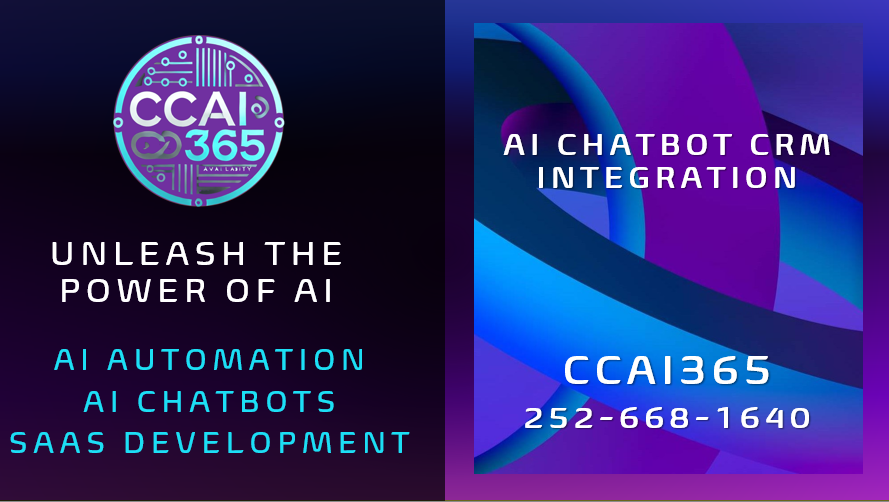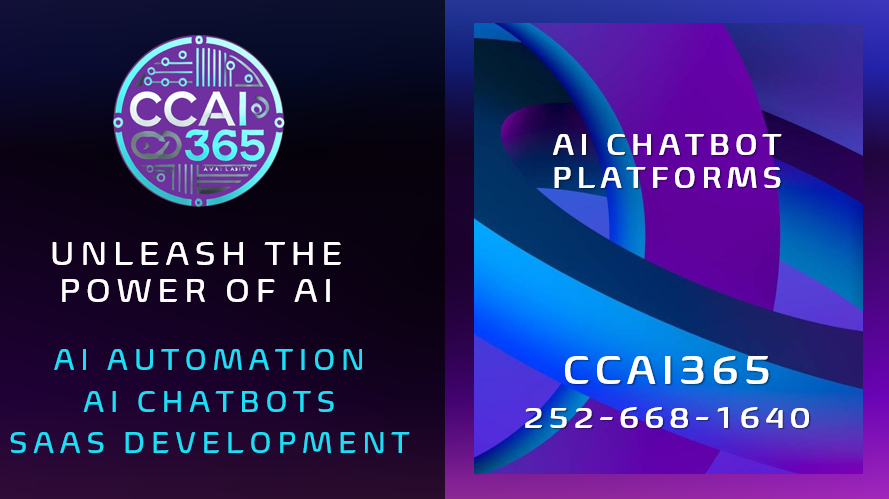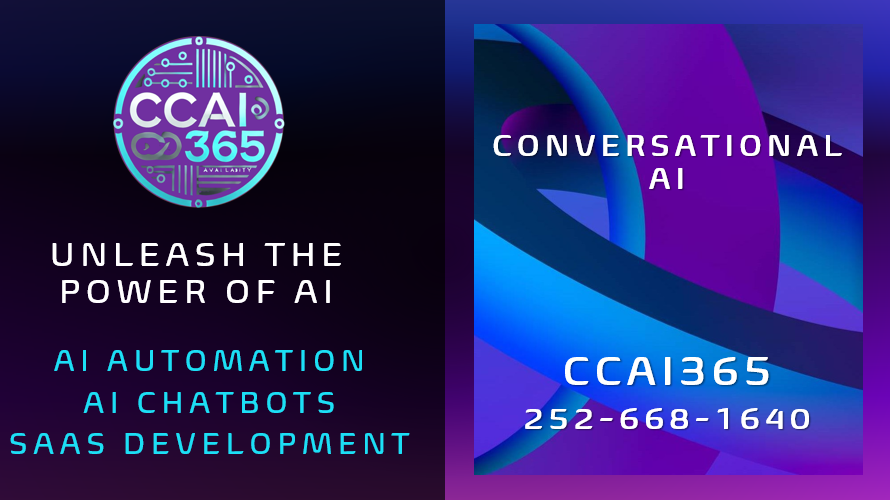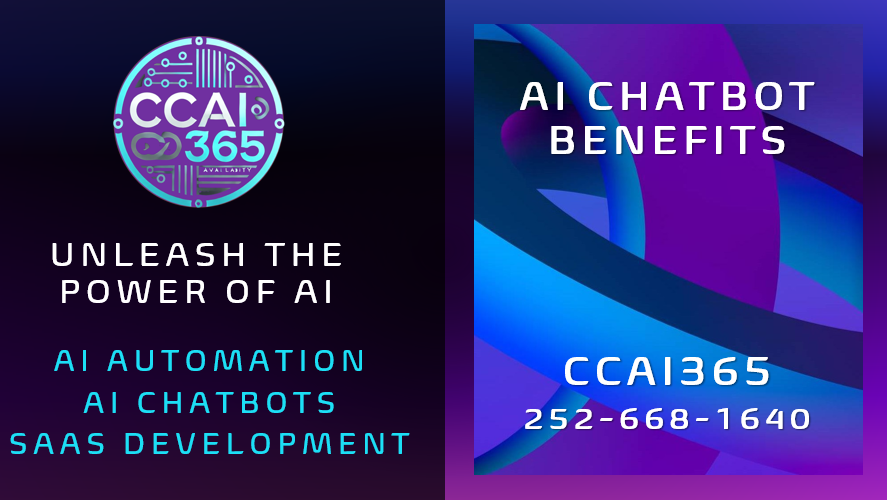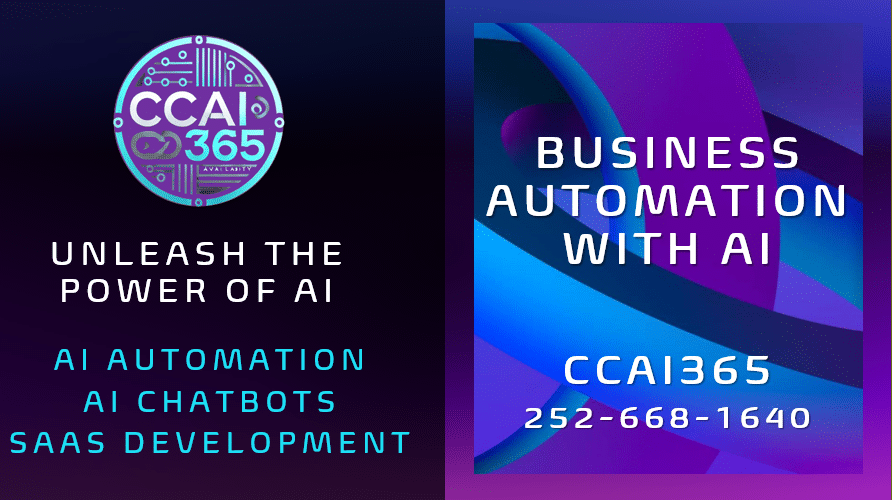
Business Automation with AI: How Small Businesses Can Save Big Without Sacrificing Quality
Introduction to Business Automatuion with AI
For decades, small business owners have had to wear many hats—accountant, marketer, customer service rep, and sometimes even janitor. While the hustle has its rewards, it also comes with constant challenges: limited resources, stretched budgets, and the pressure to deliver high-quality service without breaking the bank. That’s where business automation with AI enters the picture.
Artificial Intelligence (AI) has transformed the way businesses operate, especially in areas that were once time-consuming and error-prone. Tasks like customer support, payroll, data entry, lead generation, and inventory management can now be handled efficiently with minimal human oversight. Even better, these tools don’t just reduce overhead—they actually enhance quality while delivering measurable AI automation cost savings.
If you’ve ever thought AI was only for Fortune 500 companies or massive tech firms, think again. The reality is this: small businesses can save big—without sacrificing quality—by implementing AI-driven automation today. In this article, we’ll explore why the timing couldn’t be better, the types of savings you can expect, and how to strategically adopt AI to boost growth, productivity, and competitiveness.
Business Automation with AI: Why Small Businesses Can’t Afford to Wait
In the fast-paced digital economy, timing matters. Small businesses that hesitate to adopt new technologies risk falling behind—not just in productivity, but in customer satisfaction and profitability. Business automation with AI is no longer a futuristic luxury; it’s a present-day necessity.
Waiting comes at a cost. Consider the hours your employees spend on repetitive tasks: scheduling appointments, processing invoices, answering routine emails, or tracking inventory. These hours add up—hours that could instead be invested in customer engagement, innovation, or scaling operations. By ignoring AI automation now, businesses essentially pay an “opportunity tax”—the hidden cost of inefficiency.
But the benefits of AI automation cost savings extend beyond simply trimming down time spent on tasks. AI tools are getting smarter and more accessible, meaning small businesses can access advanced capabilities for a fraction of what enterprise systems once cost. This democratization of AI levels the playing field, allowing smaller players to compete effectively with larger companies.
Another reason small businesses can’t afford to wait is customer expectation. Consumers have grown used to instant responses, personalized recommendations, and seamless online interactions. Delays or errors caused by outdated manual systems can drive customers away. With AI automation, even a team of three can deliver customer experiences that feel like they’re backed by a hundred-person support staff.
Think of business automation with AI as an investment, not an expense. It’s about positioning your business for sustainability in a world where speed, accuracy, and personalization are the new currency of success. The sooner you start, the sooner you reap the rewards—and the longer you wait, the harder it will be to catch up.
AI Automation Cost Savings That Drive Smarter Decision-Making
When most business owners hear about AI automation cost savings, they immediately think about cutting payroll expenses or reducing overhead. While that’s part of it, the real magic lies in the way AI drives smarter, data-informed decision-making that creates savings at every level of operations.
For example, AI-powered analytics tools can forecast demand, helping small businesses order the right amount of inventory at the right time. That means less waste, fewer stockouts, and more satisfied customers. Similarly, AI-driven marketing platforms can analyze customer behavior to identify which campaigns bring the highest returns—allowing businesses to double down on profitable strategies while cutting ineffective ones.
Consider this scenario: a small retail shop uses AI automation to track seasonal trends. Instead of relying on guesswork, the system identifies that customers are 40% more likely to buy a specific product line in October. The shop stocks accordingly, reducing unsold inventory while maximizing sales. The result? Cost savings and revenue growth rolled into one.
AI also helps prevent costly mistakes. Manual data entry errors, overlooked invoices, or misclassified expenses can eat into profits. With business automation, these processes become consistent and accurate, reducing financial leakage. Over time, these seemingly small savings compound into significant financial health for the business.
Smarter decision-making isn’t just about numbers—it’s also about agility. In rapidly shifting markets, the ability to quickly adapt is critical. AI provides small businesses with real-time insights, making it easier to pivot strategies, adjust pricing, or shift marketing approaches without weeks of research. These AI automation cost savings give businesses more flexibility, ensuring they stay one step ahead of the competition.
Business Automation with AI: Balancing Savings and Quality for Growth
One of the most common concerns small business owners express is this: “If I automate, will quality suffer?” The answer is a resounding no—when done correctly, business automation with AI actually enhances quality while cutting costs.
Take customer service as an example. AI chatbots can respond instantly to customer inquiries 24/7, handling basic questions about orders, returns, or services. Instead of leaving customers waiting for office hours, AI delivers immediate support. For more complex issues, the system seamlessly routes inquiries to a human representative. The result? Customers feel heard and supported, while staff focus on high-value interactions.
AI also ensures consistency, something manual work often struggles with. Whether it’s generating invoices, processing payroll, or following up with leads, automation ensures tasks are completed the same way every time. This reduces errors and builds customer trust. After all, quality isn’t just about delivering the best product—it’s also about reliability.
The balance between savings and quality becomes even more evident in marketing. Instead of guessing at what content might work, AI-powered tools analyze audience behavior and recommend personalized strategies. Customers receive targeted messages that feel relevant, increasing engagement and loyalty. The business saves money on wasted ad spend while simultaneously delivering a higher-quality customer experience.
This is why AI automation cost savings aren’t about cutting corners—they’re about reallocating resources. When businesses save time and money on repetitive tasks, they can reinvest those resources into innovation, product development, and customer care. That’s where growth truly accelerates: quality goes up, costs go down, and businesses thrive.
How AI Automation Cost Savings Free Up Time for What Matters Most
Ask any small business owner what they need more of, and you’ll hear the same answer: time. Time to focus on customers. Time to innovate. Time to grow. Unfortunately, most of that time gets eaten up by administrative work. That’s where AI automation cost savings come into play—because they don’t just save money, they give back the most valuable resource of all.
Imagine if your invoicing system automatically created, sent, and tracked payments. Or if your social media posts were generated and scheduled by AI. Or if employee scheduling was done automatically, balancing workloads and minimizing overtime costs. These aren’t futuristic dreams—they’re real capabilities available today.
By automating repetitive, time-consuming processes, business automation with AI frees up staff and owners to focus on strategic priorities. Instead of spending two hours reconciling spreadsheets, a business owner could spend that time meeting a potential client or brainstorming new revenue streams. Instead of employees burning out on manual tasks, they can take on creative or problem-solving roles that actually move the business forward.
This shift in focus has a profound impact on employee morale as well. When staff members see their tedious workload reduced, they feel more valued and engaged. That, in turn, leads to better retention and higher productivity—both of which save money and strengthen the business.
Ultimately, the greatest gift AI provides is balance. By reducing time spent on low-value work, business owners regain control over their schedules and their businesses. The AI automation cost savings go far beyond the financial—they translate directly into freedom, flexibility, and growth potential.
The Competitive Edge of Business Automation with AI in 2025
Looking ahead, the businesses that thrive will be the ones that embrace change early. By 2025, AI won’t just be an advantage—it will be the baseline expectation for efficiency, service, and innovation. For small businesses, that means adopting business automation with AI now is the best way to stay competitive in the future.
As AI tools continue to advance, small businesses will have access to even more powerful capabilities, from predictive analytics to advanced personalization engines. The gap between businesses that adopt early and those that lag behind will widen dramatically. Early adopters will enjoy compounding benefits: streamlined operations, loyal customers, and consistently lower costs.
Moreover, AI isn’t just about efficiency—it’s also about differentiation. Customers increasingly value personalized experiences, rapid responses, and accuracy. Businesses using AI will naturally deliver on these expectations, while those relying solely on manual methods will struggle to keep up.
It’s also worth considering how AI impacts scalability. With automation in place, a small business can grow rapidly without proportionally increasing overhead. Whether you’re adding new product lines, expanding into new markets, or scaling online operations, AI makes growth manageable and sustainable.
In 2025, the winners will be those who recognized early that AI automation cost savings weren’t just about cutting costs, but about building smarter, stronger businesses. For small businesses today, the choice is clear: invest in business automation with AI, or risk being left behind.
Conclusion
Small businesses no longer have to choose between savings and quality. With business automation with AI, they can achieve both—reducing costs, improving accuracy, and freeing up valuable time to focus on growth. From smarter decision-making to enhanced customer experiences, AI empowers businesses to do more with less, positioning them for long-term success.
The question isn’t whether small businesses can afford to automate with AI—it’s whether they can afford not to.
Business Automation with CCAi365 is easy when you call or contact us today at 252-668-2640. Start your business automation journey and start saving money!


